
Above: Photo by Milkos/DepositPhotos.
BitDepth#1413 for July 03, 2022
Today, tens of thousands of children will be given the results of a summary judgement on their capacity to learn.
It’s the end of nothing less than a year of torment, that in its scale of intensity, associated stress and potentially turbulent outcomes has already changed the lives of children who have only just begun to figure out their place in the world.
I know this, because like most citizens of Trinidad and Tobago, I walked this bed of fire myself.
Back then, it was known as the Common Entrance exam, and the brinksmanship of the test was even more severe.
There weren’t as many government-run secondary schools. The nation was still to commit to the idea that all children deserved a chance at a secondary education.
To fail the Common Entrance was to fail at life before you began to live. The options for a pre-teen of limited means were severely limited.
I am the eldest boy of three children and my maternal grandfather, in his almost bottomless wisdom, told my mother, “Make sure the eldest goes the right way and the others will follow.”
So she yanked me out of a government primary school where I was demonstrably underperforming, and put me in an intensive private school under the tutelage of Oswald Romilly, a former secondary school principal (and recipient of the 1972 Public Service Medal of Merit Gold).
Mr Romilly (to this day, thinking of him, I cannot imagine referring to him any other way) was a solid tree-trunk of a man, an utterly intimidating presence in the school he’d carved out of his Woodbrook home.
You did not attend Mr Romilly’s classes, you sat up straight and you worked.
Two things happened because of this tutelage. I did well in my exams, getting a book grant and the school of my choice and I suffered with crippling migraine headaches almost up to the day of the exam itself.
Arthur McCrae, a family friend and general helper around my home sat under a tree opposite Queen’s Royal College with water and headache tablets while I sat the exam.
I’d get those stress headaches in stressful situation right up until eighteen years ago, when I abandoned corporate life entirely.
This year I returned to the exam, or to be more exact, this year the exam arrived. It was a turbulent end to two years of learning how to do school at home (quite different from concepts of home schooling) and a year of in-person grappling with the syllabus.
Is an education system supposed to make teaching easier or students more capable?
It was not pretty. There were tears. I could not, even with the answers before me, figure out the math for at least 20 per cent of the questions on most mock exam papers. I know for a fact that some of that math wasn’t put before me until I was in my second year of secondary school.
I do not believe that I would have gotten the school of my choice, far less a book grant if I sat the Secondary Entrance Assessment (SEA) in March 2023.
The question should be asked. What is all this angst, stress and suffering meant to achieve?
It’s not as if there aren’t other alternative methods of assessing student capabilities beyond a first past the post exam.
The UWI.edu website lists some of them. Project-based assignments. Problem-based assignments. Presentations. Reports. Reflective pieces. Concept maps. Critical analyses. Case-based scenarios. Portfolios.
Some of these concepts have leached into some CXC level examinations, and there is no question that assessing children using a more complex matrix of abilities and potentials is more work, but is an education system supposed to make teaching easier or students more capable?
Soon after arriving at secondary school, it became clear that I was in a brilliant class. When the time for book grant distribution came around, students were called class by class.
More than half my classmates would stand to leave (their metal chairs screaming on the floor as they rose). But there were also students who had been placed there who would remain out of their depth for five years.
There was no catchment for them.
There is a fundamental unfairness in trying to bend an inflexible system to accommodate a child that doesn’t fit.
There is a fundamental unfairness in trying to bend an inflexible system to accommodate a child that doesn’t fit.
I spent seven spotty years in secondary school before declining to pursue tertiary education.
Instead, I chose, without planning for it, a lifetime of continuous education, inspired by something my General Paper teacher, Archie Edwards told me.
“We don’t go to school to learn; we go to school to learn how to learn.”
To this day, I can’t remember anything about the actual Common Entrance paper I wrote in 1969.
I remember a day lit by brilliant sunshine under a cloudless blue sky, the red brick of QRC glowing vividly under the hard morning light.
I remember an old man (really just middle-aged) who sat patiently under a tree.
I wish every child who gets their results today the same kind of quiet, unflinching support as they find their way in life, and the opportunity to find an inspired path to eventual success.
That won’t happen because of the SEA, and it will more likely to be in defiance of it.









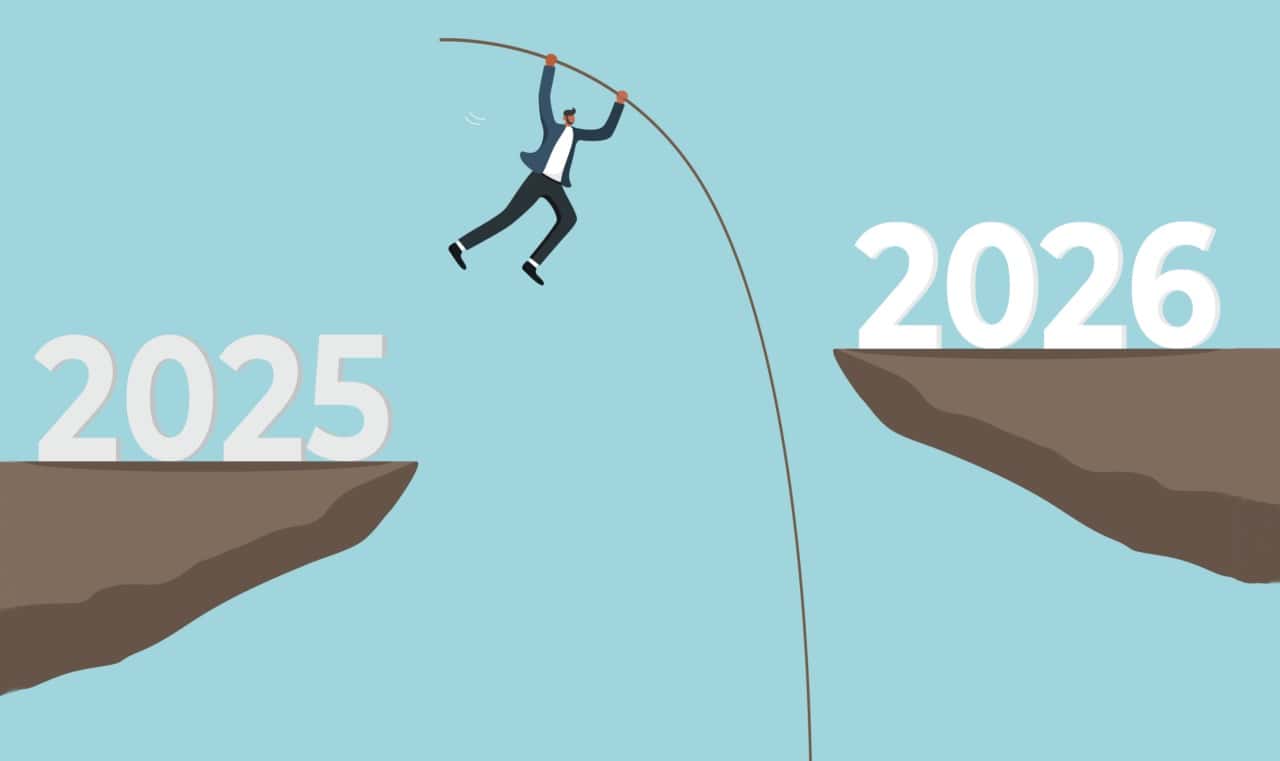
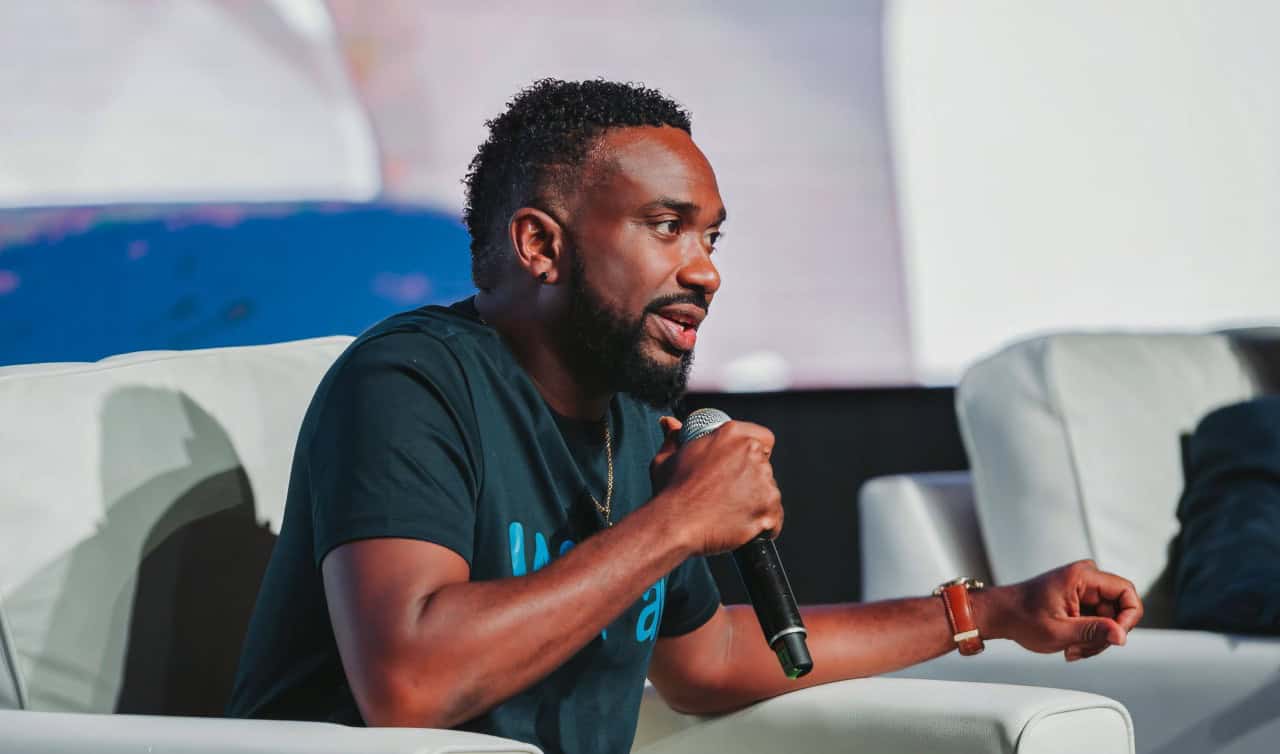

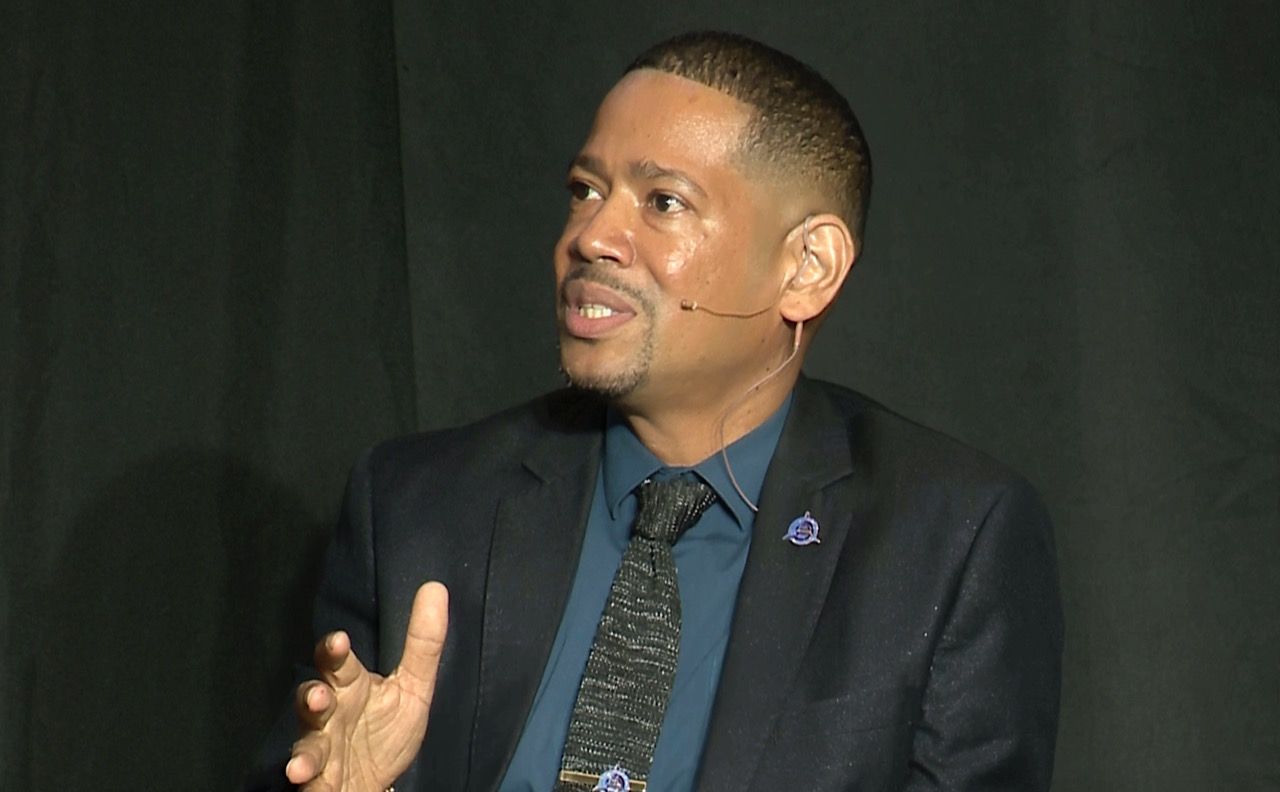
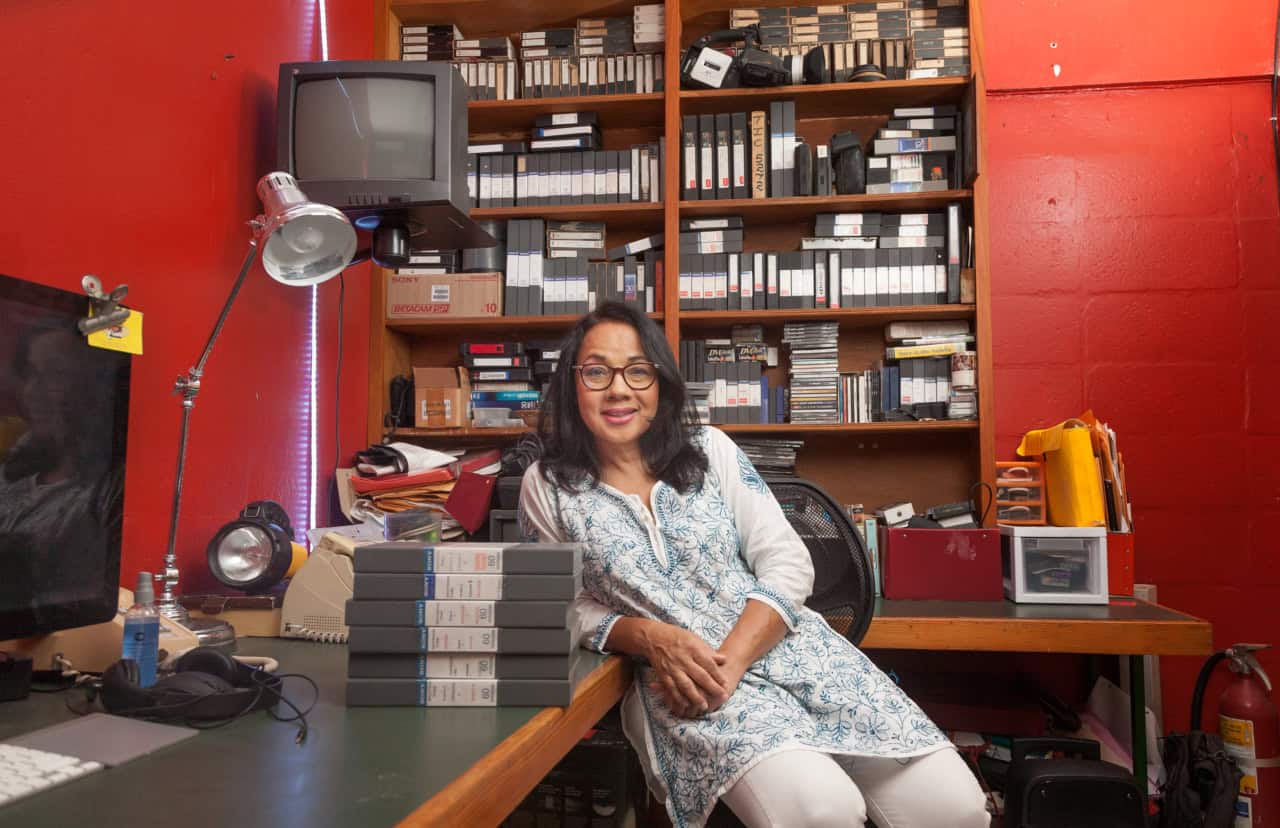
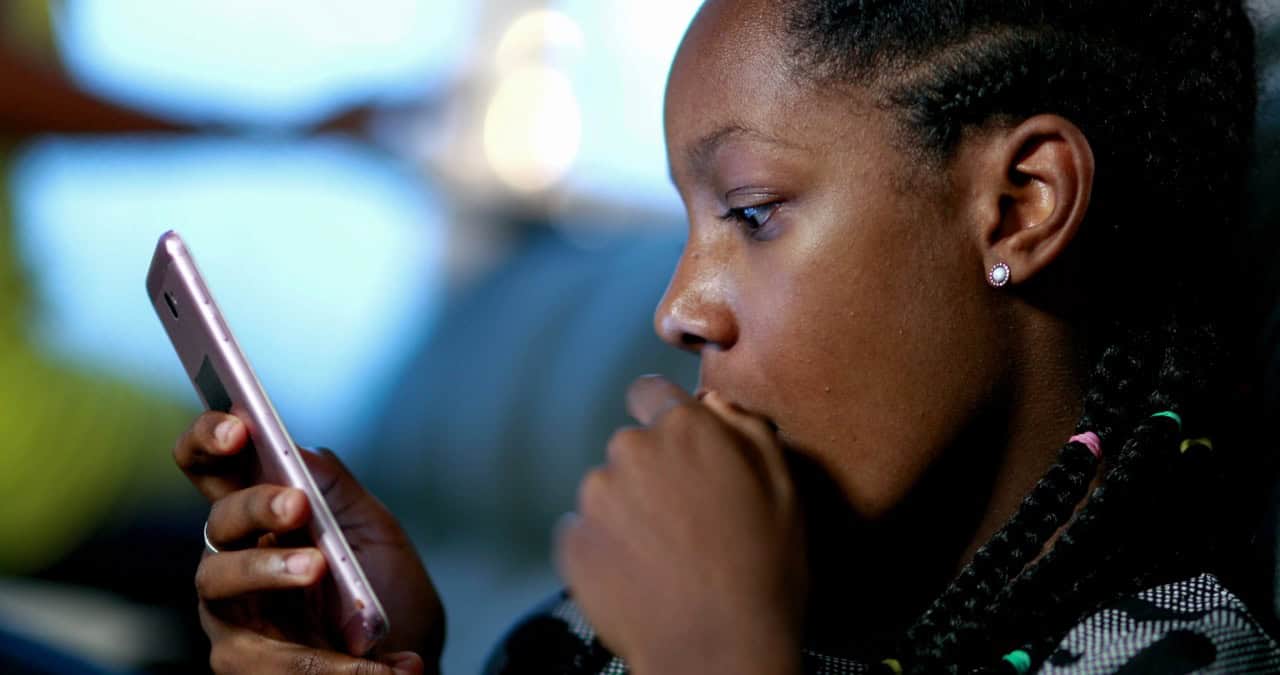
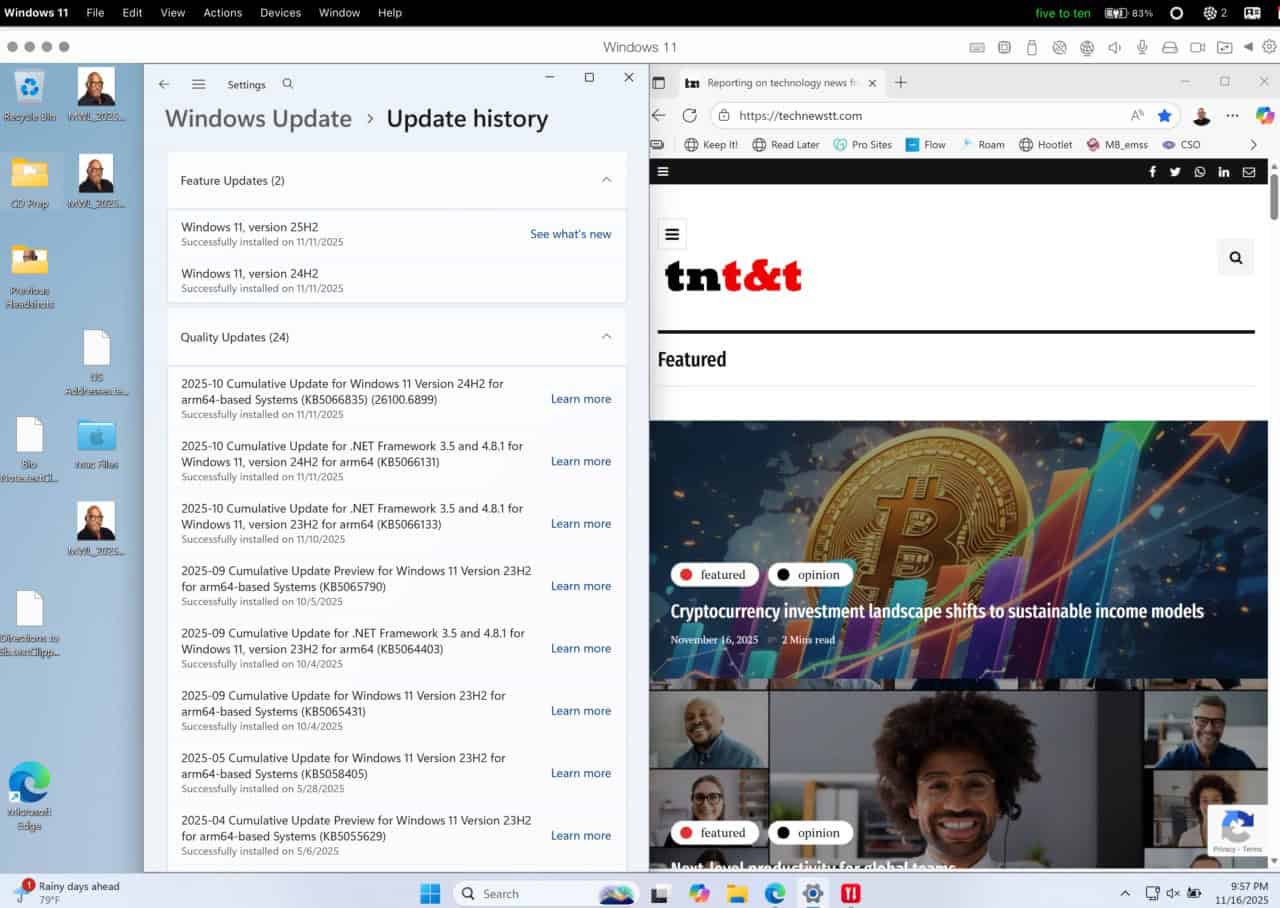
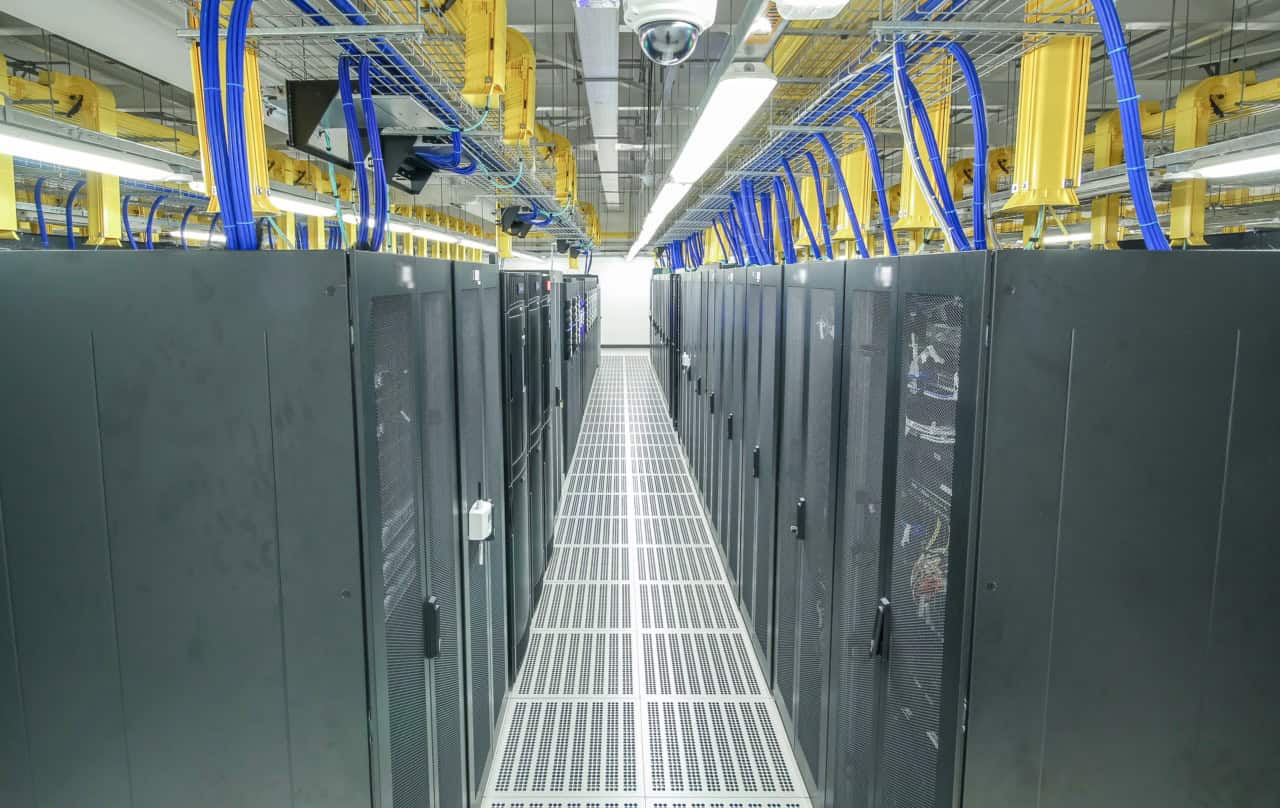


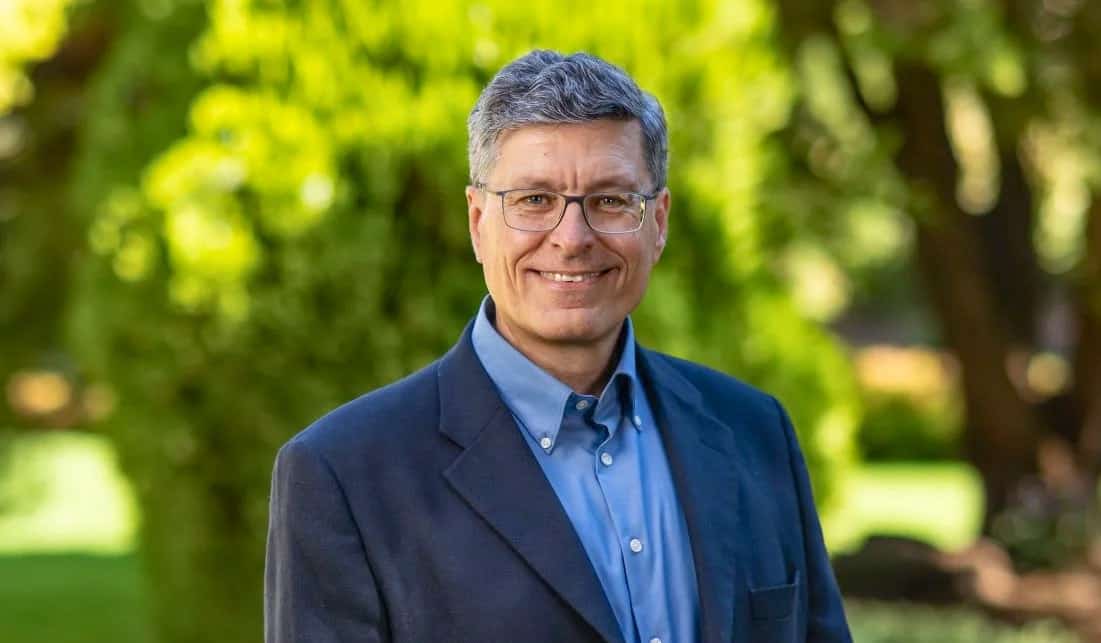



















Ah, yes common entrance, I remember that. I went through it, yes high stress but I was “lucky” because I arrived at the time when it was possible to take common entrance and have a chance to a secondary education.
My elder brothers (6) were not as lucky, they arrived on the scene too soon, so they did not have that opportunity.
I went on to tertiary and was shocked to meet people there that just ended up there because, well..they did not know what else to do with themselves.
They invariable did not come from any Caribbean island, usually first world economies.
The University had a fixed/limited quota for Caribbean students in certain faculties.
I knew men wid rel brain back home and dying for an opportunity to learn dis or dat but for lack of means ($$) or family situation they could not move.
I remember thinking how unfair.
… today I would add but that is life, it is not fair!
We are not all born with equal capacities, some have more hunger and drive than others, some are late bloomers, etc. Those with means will always get around.
.. so I agree one size cannot fit all in a public education system and more flexibility to adapt programs and timing would go a longer way.
I get it that a rigid educational system will end up leaving kids behind but as you shared your path it is also clear that if there is nothing or no one else keeping the kids focused then the question of how can the educational system cover for that remains an interesting one.
Thanks for commenting sir.